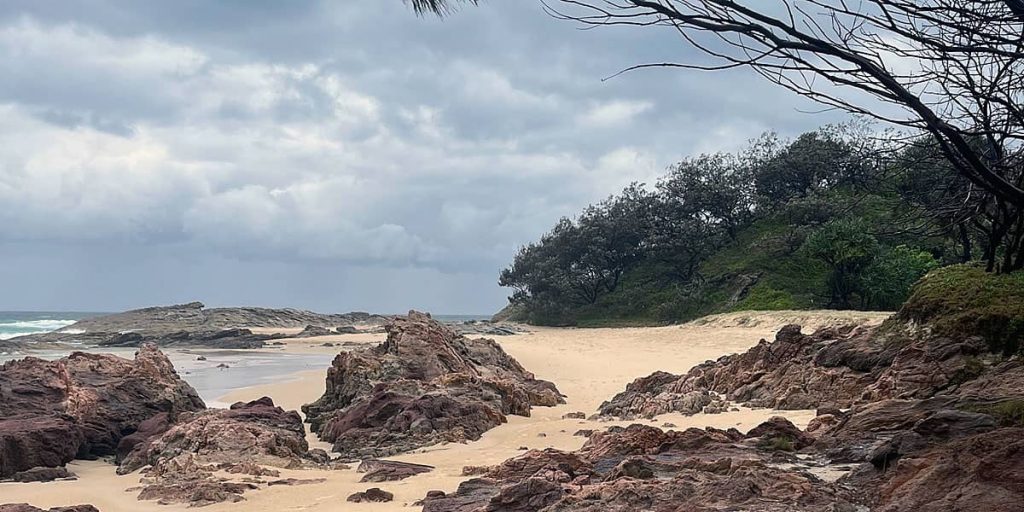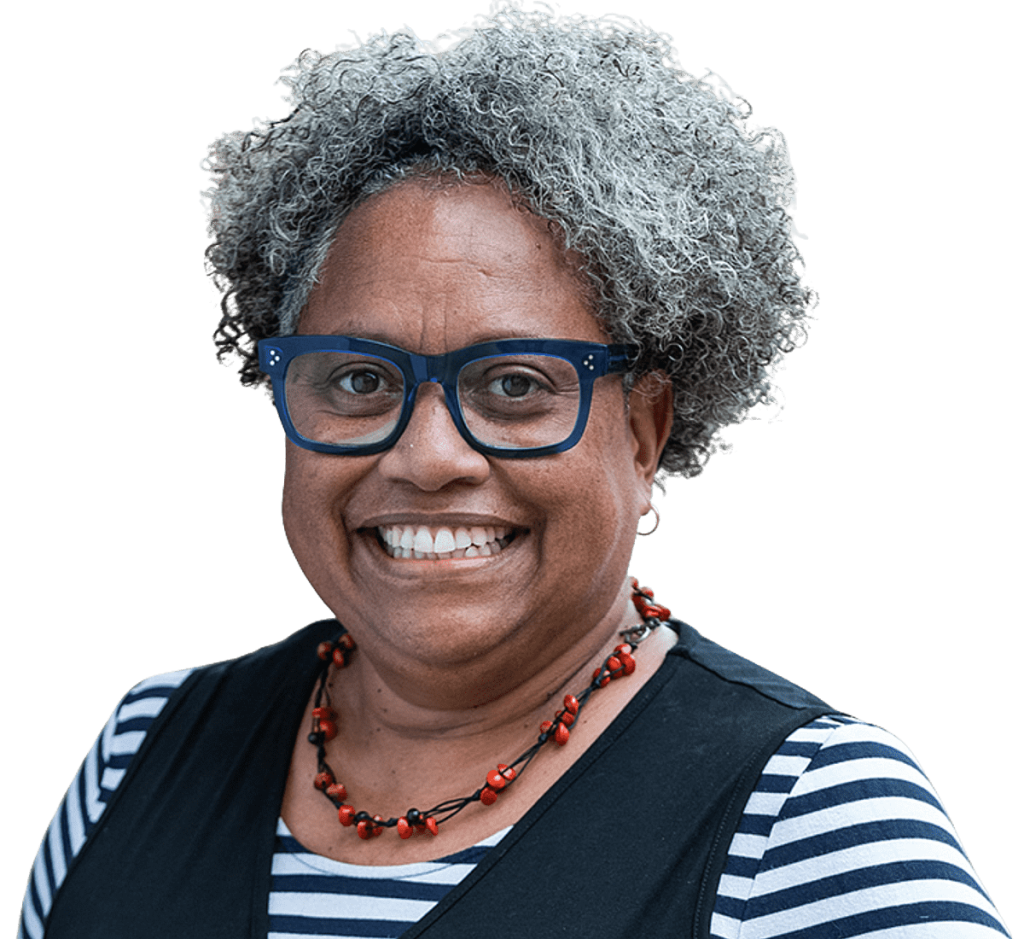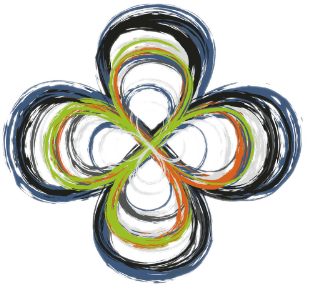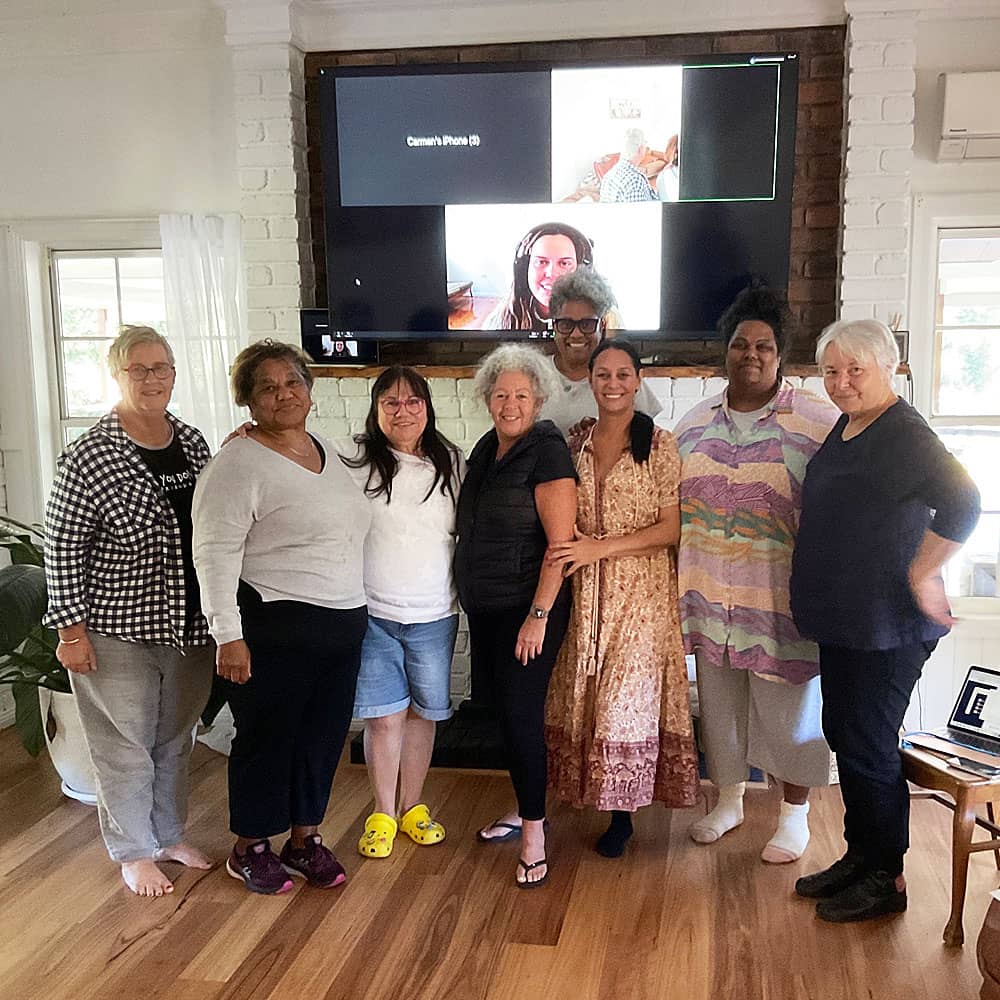Indigenous Consulting
Engaging Australia's First Nations people
We help people, organisations and systems to:
- Tackle complex issues while transforming their organisational practice and services, especially systemic and structural racism
- Make their workplaces and services culturally safe and free of racism by mitigating psychosocial hazards
- Identify historical and ongoing blockages and resistance, working with leaders and Indigenous experts to unclog barriers at organisational, management and staff levels
- Restore and reclaim Indigenous Knowledges and Indigenous Cultures in policies and programs
- Increase people and systems understanding of Indigenous ways of knowing, being and doing
- Eliminating organisational, reputational, and service risks
- Enhance staff retention and positive workplace cultures
We apply Indigenous philosophies and methods to undertake:
- Comprehensive evaluations of service systems and processes that redesigns practice
- Designing programs and services
- Development of sustainable policies and systems plans that are grounded in Indigenous worldviews
- Uncover systemic biases of racism that continue negative racialised policies, procedures and practices within organisations
- Facilitation of specialised workshops and focus groups
- Development and delivery of non-accredited training
- Strategic cultural supervision for First Nations individuals working in white institutions
- Strategic cultural supervision for First Nations individuals working in white institutions
- Strategic cultural supervision for First Nations individuals working in white institutions
- Collaboration that enables positive and meaningful engagement with First Nations community organisations
- Expert advice on Aboriginal and Torres Strait Islander peoples’ concerns
- Speaking engagements including keynote, guest speaker, and expert panel member
- Project management
- Research on inclusion of an Indigenous systems science
- Directorship roles on organisational boards (see bio of Dr Carmen Parter’s for current Directorship roles)

We make known the unknown - the invisible visible™
All members of The Centre are highly experienced and skilled in tackling those hard-to-deal-with with complex, wicked problems that organisations and people face.
We are able to address the intricate and challenging complexities that are underlying and causing a lack of safety, trust, productivity, and contributing to risks for organisations.

Dr Carmen Parter
A systems change practitioner & researcher – an Ahpra Board Member – MK Study Ambassador-Lowitja community member – CATSINaM & PHAA Fellow and Co-founder LCs4C.
Motivation driven by extensive research, vast experience and the pursuit of systemic change
We concentrate on addressing systemic and structural racism, which results in culturally unsafe workplaces, discriminatory services, and the widespread occurrence of lateral violence among Indigenous staff.
The Centre leads organisations on a transformative journey to recognise and confront normalised and racialised structural barriers that sustain violence and trauma. We adopt collaborative solutions that facilitate systemic change.

Learning Centre
For Changing Systems
Our logo represents the infinite, entwined and spiral nature of Indigenous ways of learning and teaching, in how we know the things that we know – Our Ways of Knowing, that are real to us, Our Ways of Being, and why we do the cultural things in the way that we know they must be done – Our Ways of Doing.
Indigenous thought rituals involve relationality and deep immersion in storytelling, giving meaning to and understanding of Indigenous ways of knowing, being and doing.
Our knowledges are woven throughout our stories and thought rituals. They are not linear and help us to look at the infinite spaces between and within the spiral of Indigenous knowledges.
We connect and collaborate together in this space by yarning and sharing stories. This creates a safe space for two-way understanding by sharing Aboriginal worldviews. Our oral traditions of storytelling and yarning can open a space for a respectful blend of worldviews and co-creation of new knowledge.
Doing this is a powerful tool for disrupting and deconstructing systems while decolonising practices that give equal power and recognition to Indigenous and non-Indigenous ways of knowing, being and doing.
